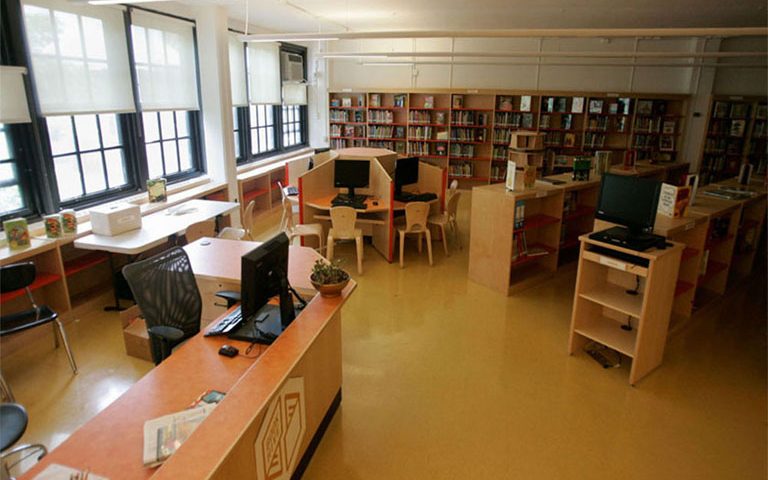Modern Education Experts Profess Value Of Silence – Why Librarians Ignore
My unpleasant experiences in today’s libraries (both academic and public) have led me to seek out the supply of what I perceive as a critical issue in modern-day education. The issue is noise, specifically the noise of human vocal interactions in areas as soon as revered as sanctuaries of silence.
It may come as a surprise to some people that modern librarians no longer guarantee commonly quiet atmospheres for introspective finding out. Much more surprising would be the reality that these librarians shun silence, though they actively endorse what they consider livelier, far more engaging mastering environments.
From the perspective of an adult who understands understanding as a deeply individual affair, this relaxed attitude towards noise in libraries is disabling. The reality of excessive noise in once-quiet spaces, thus, raises the question, “What has gone wrong in the minds of educators who now lead the charge in a battle against … Continue reading >>>











